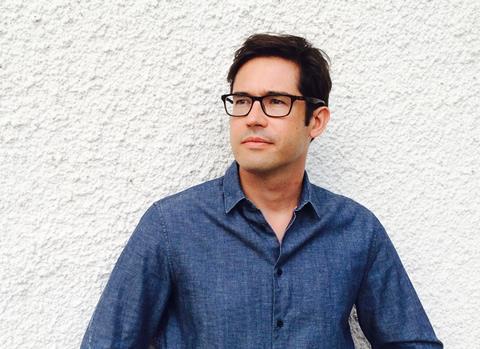As Europe descends into war, the links between the UK and financial dealings of Vladimir Putin’s inner circle have been put under a much-needed spotlight, writes Ben Flatman

The UK is widely recognised as “the money laundering capital of the world”, with as much as £90 billion of dirty money estimated to be laundered through the City of London each year. Much of this wealth has been stripped from some of the planet’s poorest countries by corrupt government officials and tax-dodging “businessmen”.
It is also widely accepted that a lot of this money finds its way into UK property, most notably the super-prime London residential market.
The 2020 Treasury and Home Office’s own national risk assessment of money laundering and terrorist financing states that “corrupt foreign elites continue to be attracted to the UK property market, especially in London, to disguise their corruption proceeds”.
For decades now the London property market in particular has been treated as a convenient place to stash this loot, contributing to the huge number of unoccupied luxury dwellings in the centre of the capital. With some of the lowest wealth and property taxes of any major, rich country – and conveniently opaque rules on ownership – the UK has deliberately cultivated an environment designed to attract global “investors”. Dodgy money looking for a secure home has been welcomed with as few questions asked as possible.
As it then sloshes through our own economy, this money sustains an entire British professional services ecosystem that is dedicated to protecting the illicit earnings of some of the world’s most successful criminals. And if, as an architect, you have ever wondered who could possibly afford the eye-wateringly priced apartments you are working late nights to deliver the tender package for, the answer may be very simple – the criminal and the corrupt.
A tangled network of offshore companies and holding entities makes it almost impossible to find out precisely who owns what
As Europe descends into war, the links between the UK and the financial dealings of Vladimir Putin’s nefarious inner circle have been put under a much-needed spotlight. For years the British government has dragged its feet on requiring greater transparency about the ownership of assets in the UK.
A tangled network of offshore companies and holding entities makes it almost impossible for anyone trying to investigate this issue to find out precisely who owns what. Despite these obstacles, Transparency International UK has identified £1.5 billion of property assets bought by Russians “accused of corruption or with links to the Kremlin”. As the organisation states on its website, this is likely to be just the “tip of the iceberg”.
Now, at long last, the government has announced that it will move forward with the creation of a public register of ultimate owners of UK property assets. But why has the government tolerated this state of affairs for so long?
Could it be partly related to the extremely murky world of party political finance in this country? The importance of illegal money to the professional services sector and even top private schools should perhaps also not be underestimated.
But the desperate need to attract money from overseas is also rooted in the UK’s need to fund its staggering current account deficit. The balance of payments gap between what UK plc spends overseas and the income it generates has been growing for decades.
British governments used to obsess over it, until the 1980s when economists decided that a balanced, export-led economy was no longer necessary. Instead of making goods to sell, Britain would rely on selling financial instruments and services, and assets like property. As a direct consequence, manufacturing was allowed to whither, and the economy became ever more deeply unbalanced, both structurally and geographically.
In recent years, property has become an increasingly important part of this failing strategy. And although we cannot generate more land to sell off, there is an almost limitless supply of airspace.
By allowing a rush to high-rise residential development, Britain has tried to tap into what many thought was an insatiable desire for luxury London apartments. However, as Nine Elms and the regeneration of Battersea Power Station has demonstrated, there may actually be a limit to how much of this sort of cynical property development the UK can flog to overseas investors.
This whole system has contributed to the economic imbalance between North and South, as well as to the grossly iniquitous rise in house prices across the UK. Belatedly the government is waking up to the structural damage it has done to the UK economy as a whole.
For too long we have relied on dirty money to help paper over the underlying weaknesses in the British economy
The parliamentary Intelligence and Security Committee has now noted that a whole industry exists in London to enable “the extension of Russian influence which is often linked to promoting the nefarious interests of the Russian state”. As Margaret Hodge, the Labour MP and chair of the all-party parliamentary group on anti-corruption puts it: “Russians don’t come here for the weather, but instead for our lax regulation, pathetic law enforcement and a property market that is ripe for abuse.”
It is clearly very important to state that most foreign investors in the UK are wholly legitimate, and that just because someone is Russian, does not mean that they are part of Putin’s criminal kleptocracy. But it is increasingly hard to ignore the extent to which corrupt money from outside the UK has penetrated our financial and political culture.
For too long we have relied on dirty money to help paper over the underlying weaknesses in the British economy. It has distorted our politics and contributed to the creation of our highly dysfunctional and iniquitous housing sector. So, the question is, can we now wean ourselves off it?
















2 Readers' comments